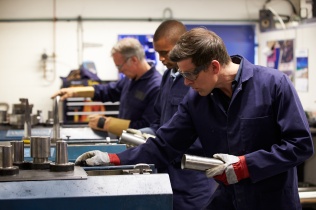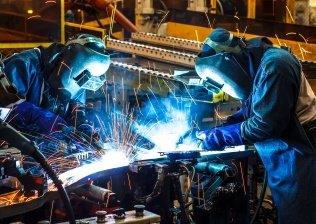Thousands of apprentices have been trained at Seta over more than 50 years and they have gone on to have careers across industries including automotive, renewables, energy, advanced manufacturing, aerospace and the process sector. Here as some of their stories/what they have been getting up to since completing their apprenticeships.
Tel: 0191 416 2860


Seta provides accredited, industry-recognised training to an advanced level, delivered by highly experienced staff with vast industry knowledge, and we have been playing a key role in developing and transforming workforces in the North East and beyond for more than 40 years.

Our apprenticeships are a launch pad for a career in engineering, manufacturing and related industries. Apprentices initially learn their skills at Seta’s own workshop facilities, where they gain hands on, practical experience for use in the workplace, and train on state-of-the-art machinery.

Training your staff with Seta will have real, long-term benefits for your business. Our courses will help your staff become more efficient, productive and innovative in their fields, building a highly skilled workforce and providing the bedrock of future business growth.
The HNC in General Engineering provides a specialist work-related programme of study that covers the key knowledge, understanding and practical skills required in the multi-skilled maintenance engineering sector.
Seta Insights
Copyright Seta 2025


 Website by Horizonworks
Website by Horizonworks